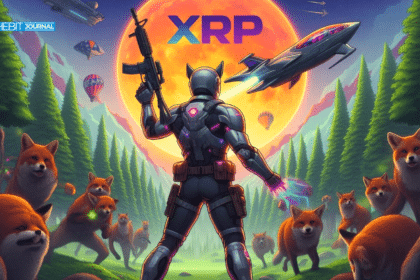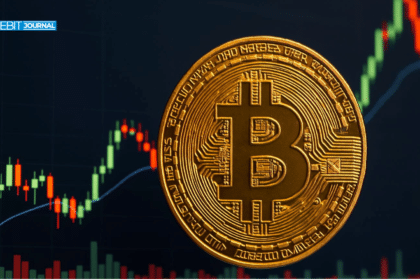A recent Illinois court ruling has classified Bitcoin and Ether as commodities. In light of this, market participants want the Nigerian SEC to list Bitcoin and Ethereum as commodities. This crypto update may have signalled a watershed moment in Nigerian crypto regulation. It is reshaping the continent’s digital asset landscape. Regulating BTC and ETH as commodities is an intricate strategy for regulating cryptocurrencies. It recognises the importance of digital assets in the financial system and their distinctive characteristics.

The Nigerian crypto regulation update comes as the country battles to regulate blockchain and cryptocurrency. As commodities, Bitcoin and Ethereum might be more easily regulated. Unlike traditional securities, Bitcoin and Ethereum cannot replace company or investment project shares. Instead, their worth is determined by market forces and their utility within their respective networks. The BIT Journal has paid attention to this crypto news and shares its insight into the update.
The Potential Impact of Nigerian Crypto Regulation Frameworks on Nigeria’s Crypto Landscape
The proposed Nigerian crypto regulation could affect the industry. A transparent Bitcoin and Ethereum regulation structure might make Nigeria the African crypto innovation leader. Digital currencies are becoming more important in global finance. Thus prompting the need for adequate categorization and classification.
According to Lucky Uwakwe, chairman of BICCoN, crypto assets must be defined precisely. Uwakwe argues, “The Nigerian SEC should keep in mind the need to make rules that define the asset class of crypto assets or break respective crypto into asset classes and explain to the public how such crypto qualifies to be called securities or commodities.” Nigerian regulators can adjust their regulatory framework to their specific qualities by classifying Bitcoin and Ether as commodities.
One potential benefit of this approach is that it could, allegedly, provide greater clarity for crypto investors. A well-defined Nigerian crypto regulation may encourage more conventional financial institutions to enter the scene. Hence increasing liquidity and stability. Bitcoin and Ethereum as commodities could inspire Nigerian financial innovation. It could enable future contracts for Bitcoin and Ethereum or ETFs. Therefore, this gives investors more opportunities to engage in these digital currencies.
More than just Bitcoin and Ethereum might feel the effects of this possible change in Nigerian crypto regulation. How Nigeria decides to regulate BTC and ETH can impact other cryptocurrencies like Bitcoin Cash. How Bitcoin and Ethereum are classified in Nigeria could affect other digital assets. Nevertheless, there are obstacles to the proposed Nigerian crypto regulation. Some worry that regulatory frameworks won’t be able to keep up with the fast development of crypto technology. Hence, it would lead to constant changes and upgrades.
According to news sources, another concern is the treatment of more recent tokens and cryptocurrencies. They may share features with both commodities and securities. Despite these challenges, many consider regulating Ethereum and Bitcoin as commodities beneficial. A significant worry for regulators worldwide, it could strike a balance between encouraging innovation and safeguarding investors. All parties involved in Nigeria’s cryptocurrency ecosystem carefully monitor this crypto update. As the BIT Journal reveals, its outcome may determine the future of assets like Bitcoin cash in Nigeria and beyond.
Conclusion: Balancing Innovation and Investor Protection in Nigeria’s Digital Asset Market
Nigeria is at a crossroads in its treatment of digital assets. The Nigerian Crypto Regulation proposal aims to label Bitcoin and Ethereum as commodities. This regulation change may greatly affect the crypto market and, particularly, Nigeria’s financial system. Nigeria can seize the chance to build an ecosystem that encourages innovation and safeguards investors. However, first, it must modify its regulatory framework to fit the specifics of BTC and ETH.
Other African nations facing comparable regulatory issues can learn from this well-rounded approach. Concerning Nigerian crypto regulation, progress is not without challenges, as with any new technology. Regulators must be alert and flexible as the crypto market evolves to keep up with the changes. Any regulatory framework must address Bitcoin Cash and other upcoming cryptocurrencies to be complete. This crypto update puts Nigeria at the forefront of an essential discussion about digital assets in Africa. Crypto adoption and blockchain innovation on the continent may take a different turn. As The BIT Journal reveals, this depends on the choices taken in the next several months.




























